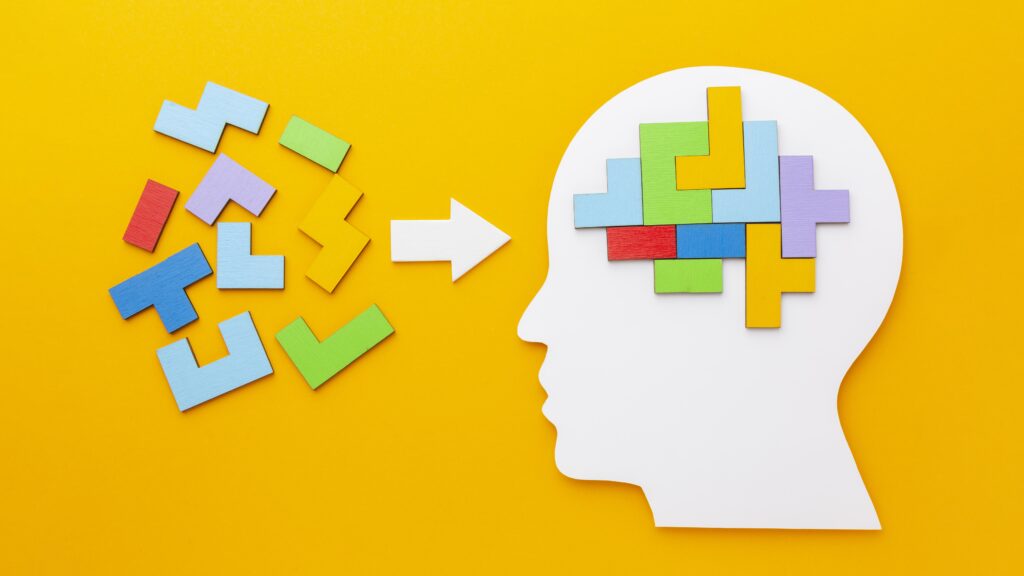Do you ever have those days when you can’t maintain your focus and concentration? Whether you’re trying to excel at work, study for an exam, or simply get through your daily tasks, staying mentally sharp is crucial for productivity and success. Fortunately, there are specific activities that can help boost focus and concentrate. These activities, rooted in both physical and mental practices, work by strengthening brain function, reducing mental fatigue, and enhancing mindfulness. Let’s explore some of the most effective activities to boost focus and how they work.

1. Mindfulness Meditation: Training the Mind to Stay Present
Mindfulness meditation is one of the most effective activities to improve focus and concentration. By practicing mindfulness, you learn to stay present in the moment and reduce mental clutter. This is particularly important because distractions often stem from the mind wandering, whether to past events or future concerns. Mindfulness meditation involves sitting quietly, focusing on your breath, and gently bringing your attention back to the present moment whenever your mind starts to wander.
Over time, this practice strengthens the brain’s ability to concentrate, improving attention span and mental clarity. Research shows that mindfulness meditation can increase the density of gray matter in brain regions associated with learning, memory, and self-regulation, enhancing cognitive performance and mental focus.
2. Physical Exercise: Boosting Brain Power
Physical exercise isn’t just good for the body; it’s great for the brain, too. Engaging in regular aerobic activities like running, swimming, or cycling increases blood flow to the brain, which in turn boosts oxygen levels and supports brain function. Exercise also stimulates the release of neurotransmitters such as dopamine, norepinephrine, and serotonin, all of which play a role in attention and mood regulation.
Exercise is known to enhance neuroplasticity, the brain’s ability to adapt and reorganize itself, which can lead to better cognitive function. Studies have shown that just 20-30 minutes of moderate physical activity can immediately improve focus and concentration, making exercise an excellent tool for combating mental fatigue.
3. Brain Training Games: Sharpening Cognitive Skills
Brain training games and puzzles, such as Sudoku, crosswords, and memory games, are designed to challenge cognitive abilities and improve mental agility. These activities stimulate various areas of the brain, particularly those responsible for problem-solving, memory, and attention. Regularly engaging in brain-training exercises has been shown to enhance concentration, working memory, and even processing speed.
Apps like Lumosity and Peak offer a wide range of cognitive exercises designed to sharpen focus and increase mental flexibility. The key is to make brain training a consistent part of your routine to see long-term benefits.
4. Pomodoro Technique: Maximizing Attention in Short Bursts
The Pomodoro Technique is a time management method designed to enhance focus by working in short, intense bursts. The technique involves setting a timer for 25 minutes, during which you focus on a specific task without interruptions. After the 25 minutes are up, you take a 5-minute break before starting another “Pomodoro” session. After four Pomodoros, you take a longer break of 15-30 minutes.
This method works because it aligns with the brain’s natural rhythm of focusing intensely for short periods before needing a break. By giving your brain regular rest intervals, you can maintain high levels of concentration without becoming mentally fatigued.
5. Reading: Strengthening Mental Focus
Reading, particularly when done deeply and without distractions, is a powerful way to improve focus and concentration. Unlike skimming through social media or scanning headlines, deep reading requires sustained attention and comprehension. This strengthens the brain’s capacity for sustained focus over time.
Additionally, reading fiction has been shown to enhance empathy and emotional intelligence, while non-fiction helps with information retention and critical thinking. To maximize the cognitive benefits of reading, it’s helpful to carve out distraction-free time, where you can focus entirely on the material in front of you.
6. Practicing Mindful Breathing: Regaining Focus Quickly
When you’re feeling mentally overwhelmed or distracted, practicing mindful breathing can help reset your focus. This activity involves taking slow, deep breaths, inhaling for a count of four, holding for a count of four, and exhaling for a count of four. By concentrating on your breath, you calm your nervous system and increase oxygen flow to the brain, which can help reduce stress and refocus your attention.
Mindful breathing is an excellent tool to use during work or study breaks to quickly regain focus and clarity.
Improving focus and concentration is a skill that can be cultivated through the right activities. Mindfulness meditation, physical exercise, brain-training games, the Pomodoro Technique, reading, and mindful breathing are all effective strategies to sharpen your cognitive abilities. By incorporating these activities into your daily routine, you can enhance your mental clarity, reduce distractions, and stay focused on what matters most.
For more information about activities to improve your focus, subscribe to the blog!
